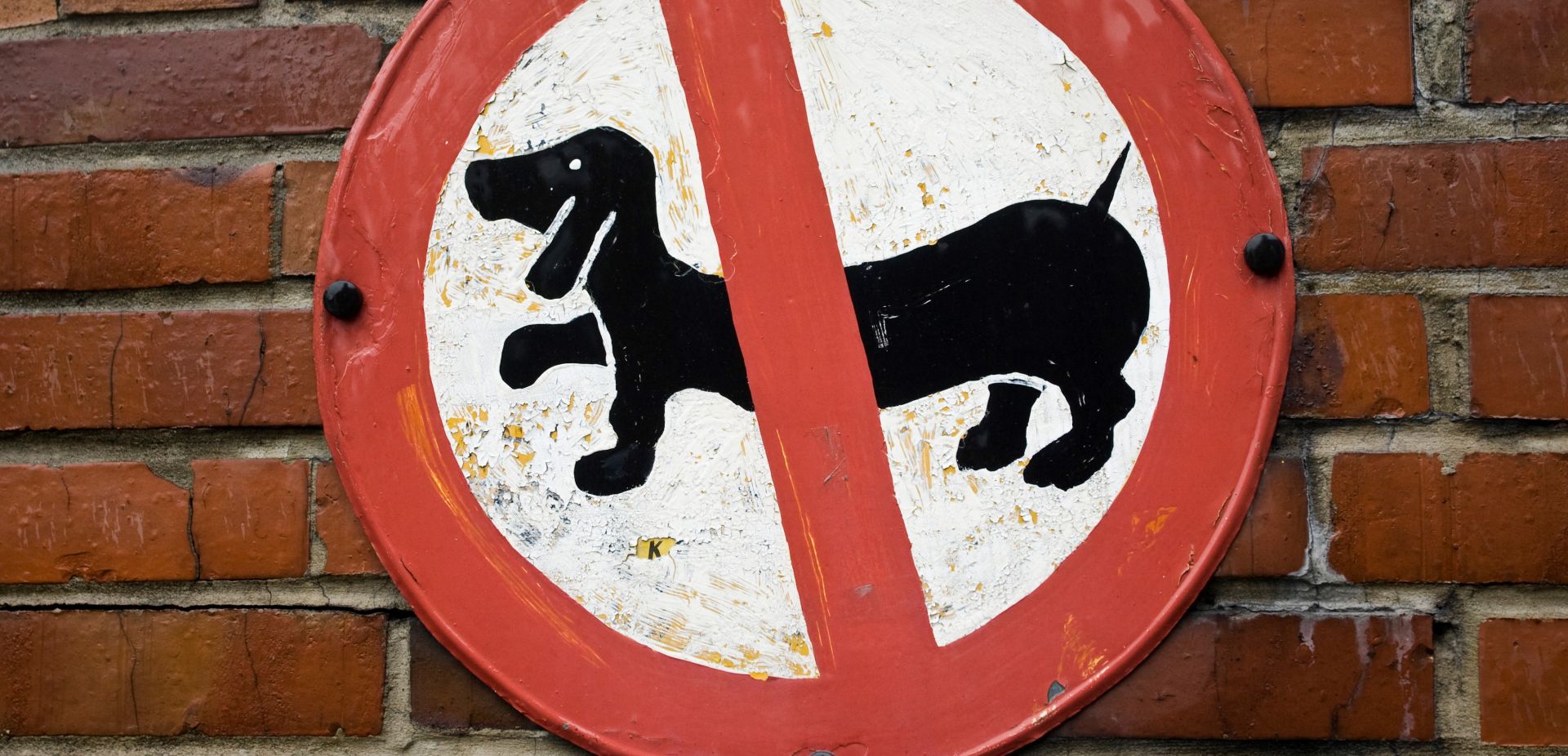On the one hand it is perfectly known, and no one dares to doubt it, that it is the man who most disturbs the Planet’s existence. It is pointless to dispute, the Planet would be happier it wasn’t for the man’s existence. Therefore, those most eager to help the Planet are not reproducing. It’s clear, elegant, intellectual, and honest at that. If they succeed in convincing everyone of this idea, we could hope that in a few dozen years the Planet will be relieved. Humans will die out and everyone’s gonna be happy.
There are animals, though. We are being increasingly assured of their equality with human beings. Until now, such an octopus has been a mere side dish and served dishonorable politico-culinary purposes (who still remembers the famous octopi gorged on by the previous government’s elite that the people chased away because it didn’t want to share the octopi?!) and for several years now, if you serve an octopus salad, you can be 100% sure that someone at the table will tell that touching story of a scuba diver and… oh I forgot her name! And that’s not so bad if they order another helping but what if they demand that the contents of the platter be given a decent burial?
 SIGN UP TO OUR PAGE
SIGN UP TO OUR PAGE

Party hosts who wish to avoid such confusion are moving in the direction of safely serving locust dishes (Salad à la John the Baptist, voilà!), but here, too, they may be in for a stern disappointment, as scientific research is ruthlessly moving in the direction of proving that insects suffer, too. Not like humans (or octopuses), but the research has just begun, so let’s not be of little hope.

 SIGN UP TO OUR PAGE
SIGN UP TO OUR PAGE
 Party hosts who wish to avoid such confusion are moving in the direction of safely serving locust dishes (Salad à la John the Baptist, voilà!), but here, too, they may be in for a stern disappointment, as scientific research is ruthlessly moving in the direction of proving that insects suffer, too. Not like humans (or octopuses), but the research has just begun, so let’s not be of little hope.
Party hosts who wish to avoid such confusion are moving in the direction of safely serving locust dishes (Salad à la John the Baptist, voilà!), but here, too, they may be in for a stern disappointment, as scientific research is ruthlessly moving in the direction of proving that insects suffer, too. Not like humans (or octopuses), but the research has just begun, so let’s not be of little hope.





